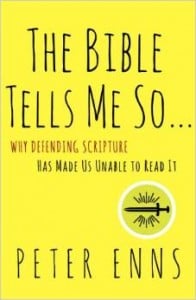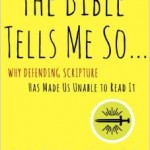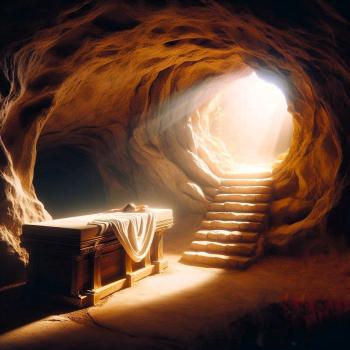Stories of the past differ because storytellers are human beings. No storyteller is all knowing about the past, but limited by his or her own time and place, and the fact that no human sees every angle of everything.
Stories also differ by what storytellers are consciously trying to “do” in their stories, what their take-away is. They are not objective observers and don’t pretend to be. They are artists bringing past and present together to leave the audience with something to ponder, to persuade—to inspire….
To do their thing, storytellers “shape” the past. They decide what to include, what order to put things in, how to compress or combine scenes to save time and get to the money shot, and so on. They also invent dialogue and scenes to knit the narrative together. They have to, since much of the past is inaccessible to storytellers—they themselves weren’t there to see and hear what happened.
And even if they were, the past is a fragile thing. It is never just “there” waiting for us to press replay. The past lies in our memories and the memories of others, dormant, in bits and pieces, waiting to be gathered together into a story to be told. Recalling the past is actually never simply a process of remembering but of creating a narrative out of discrete, imperfect memories (our own or those of others), woven together into a narrative thread that is deeply influenced by how we see ourselves and our world here and now.
All attempts to put the past into words are interpretations of the past, not “straight history.” There is no such thing. Anywhere.
Including the Bible.
The biblical storytellers recall the past, often the very distant past, not “objectively,” but purposefully. They had skin in the game. These were their stories. They wove narratives of the past to give meaning to their present—to persuade, motivate, and inspire.
To make that happen, like all storytellers, biblical storytellers invented and augmented dialogue, characters, and scenes to turn past moments into a flowing story—not because they were lazy or irreverent, but because that’s what all storytellers need to do to create a narrative. They shifted and arranged the past, or wove together discreet moments, all for the purpose of telling their story for their audience.
The Bible itself gives 100 percent proof that the biblical writers were doing just that: they present the same past events from different perspectives. And by different, I mean very different—big scenes, important details, and dialogue differ among writers.
The story of Jesus, the center of the Christian faith, is told from four different perspectives in the four Gospels. In the Old Testament we have two lengthy, very different, takes on Israel’s past. At times these stories of Jesus and Israel contradict each other. They can’t be combined somehow to make one story without losing large portions of any one of these stories. Each Gospel is meant to stand on its own—as their storytellers intended them to.
What could be more normal than for different people, living at different times, in different places, who wrote about the past for different reasons, to produce different versions on the past? Nothing. And that’s what we see in the Bible.
The Bible Tells Me So: Why Defending Scripture Has Made Us Unable to Read It, pp. 75-76
















